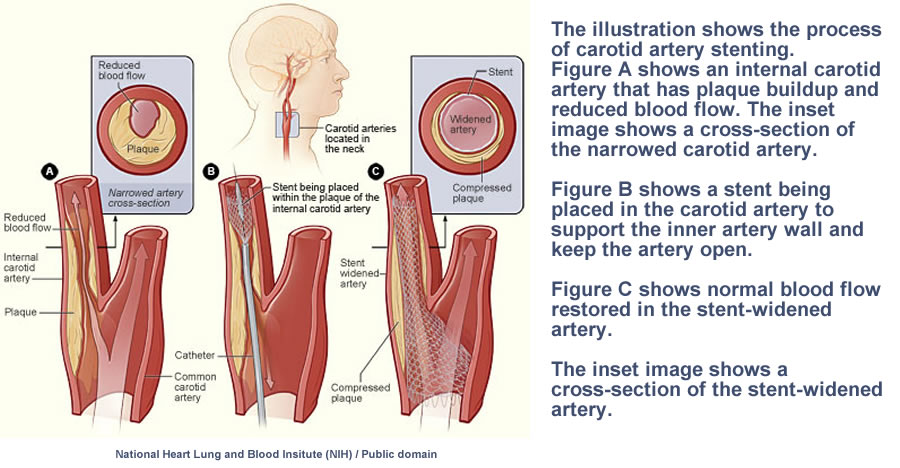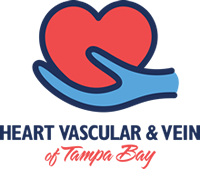Diagnosis and Treatment of the Carotid Artery Disease
Treatment Options: Medication, Lifestyle Changes, Surgery
OVERVIEW & DIAGNOSIS
Since there are little to no physical signs associated with Carotid Artery Disease till the blockage gets worse and you experience a TIA, or even a regular stroke, it is important to consider the risk factors and get yourself checked out.
Typically, if your doctor suspects the disease, he or she may listen to your arteries using a stethoscope and if any abnormal sounds are heard, additional tests may be recommended. Your doctor can perform one or more of the following tests to confirm the existence of this disease.
- Carotid Ultrasound – Ultrasound uses sound waves to create images of the inside of your carotid artery. It looks for plaques and blood clots and determines whether the arteries are narrowed or blocked. It is a painless test that is done from outside the body.
- Magnetic resonance angiography (MRA) – This imaging technique uses a powerful magnet to gather accurate information about the brain and arteries. Then a computer uses this information to generate high-resolution images. An MRA can often detect even small strokes in the brain.
- Computerized Axial Tomography Scan (CT or CAT Scan) – A CT scan, also called a CAT scan, uses X-rays to create three-dimensional images of a part of the body. Your doctor may use contrast dye to highlight the carotid arteries on the image
- Magnetic Resonance Imaging (MRI) – An MRI uses a very strong magnet to make three-dimensional images of a part of the body. An MRI can show atherosclerosis of the carotid arteries, or areas of the brain damaged by a previous stroke, in addition to other abnormalities. It can be done with contrast dye if the doctor wants to see the vessels more clearly (Magnetic Resonance Angiogram, also called an MRA)
TREATMENT OPTIONS
LIFESTYLE CHANGES
To keep carotid artery disease from progressing, the following lifestyle changes are recommended:
- Controlling high blood pressure
- Quitting smoking
- Lower cholesterol
- Eat a heart healthy diet
- Maintain a healthy weight
- Exercise
- Limiting alcohol drinks
MEDICATION
Depending on the actual health, your doctor may prescribe medications to lower cholesterol and to control blood pressure
SURGERY
In cases, where blockage is severe, if you have an history of strokes, surgery may be your option option.
- Carotid Endarterectomy (CEA) – In this procedure,a small incision is made in the neck at the location of the detected blockage. the surgeon then isolates the artery and surgically removes the plaque and if necessary, the diseased portion of the artery. The artery is then closed with stitches. Your doctor can help determine if this procedure is right for you.
- Carotid Artery Stenting (CAS) – Carotid artery stenting (CAS) is less invasive than carotid endarterectomy and is performed in a catheterization laboratory. With CAS, a small puncture is made in the groin. A specially designed catheter is threaded to the area of narrowing in the carotid artery. Once in place, a small balloon tip is inflated for a few seconds to open the artery. Then, a stent is placed in the artery and expanded to hold the artery open. A stent is a metal mesh tube that is designed to open up the narrowed carotid artery and help maintain the opening.
Because it is less invasive, a stent is typically preferred and can be done if there are any symptoms and the patient meets certain other criteria. Dr Tamboli has been placing carotid stents for over the last 15 years and has pioneered this in the Tampa Bay area.

information on this site should not be used as a substitute for talking with your doctor. Always talk with your doctor about diagnosis and treatment information.
